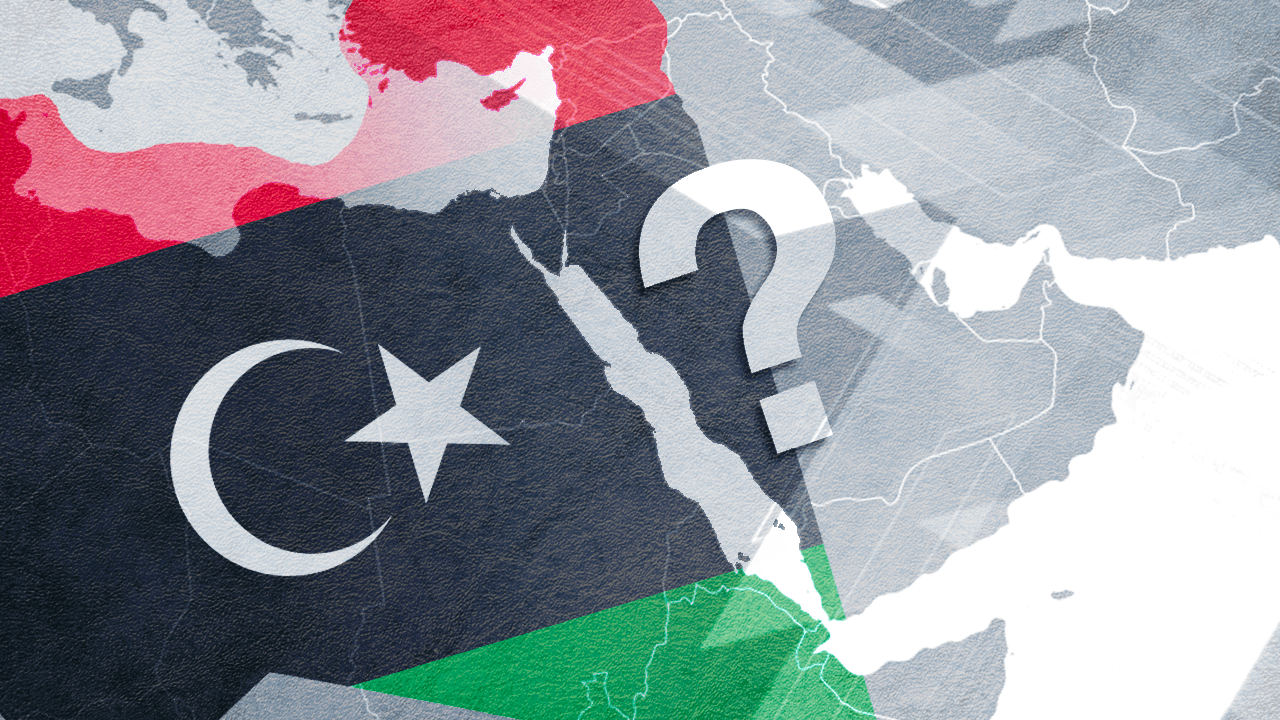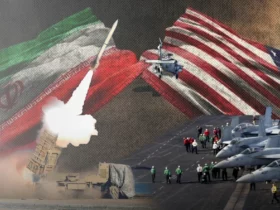On November 4, participants in the fifth round of inter-Libyan dialogue in the framework of the Joint Military Committee “5+5” in Ghadames agreed on a number of steps to normalize the situation in this country, including the withdrawal of mercenaries, the return of party formations to their bases and the deployment of international observers in the strategically important areas of Sirte and El Jufra.
The military called on the UN Security Council to accelerate the adoption of a binding resolution to implement the provisions of the Permanent Ceasefire Agreement signed in Geneva on October 23. Its implementation envisages the withdrawal of foreign troops and mercenaries within 90 days.
However, there is a serious possibility that the UN Security Council will not be able to adopt the necessary resolution as a result of Russian opposition. According to sources in Moscow, the Russian Foreign Ministry is negotiating to block the UN Security Council resolution if the issue of Russian citizens detained in Libya is not resolved. The Russians in question are Maxim Shugaley and Samer Swayfan.
The motivation behind Russia’s opposition
Maxim Shugaley and Samer Swayfan are Russian citizens, whom their employers from the Russian Foundation for National Values call sociologists. They arrived in Libya in spring 2019. In May 2020, forces loyal to the Libyan UN-recognized Government of National Accord (GNA) arrested them based on a tip from American intelligence.
For a year and a half, these Russians have been in GNA captivity. It has been reported that the two had long been held in Mitiga prison, which is controlled by the Salafi group RADA, a group renowned for its cruelty. The RADA is part of a force controlled by Libyan Interior Minister Fathi Bashagha. In May 2020, the GNA accused Russians of spying and attempting to meddle in elections, but Russia rejects these charges. There have been no elections in Libya since 2014.
In October 2020, the head of the Foundation for the Protection of National Values Alexander Malkevich appealed to Turkish President Recep Tayyip Erdoğan to help free the Russians. According to him, Sugaley and Swayfan are now under the protection of the Turkish military in Libya. He thanked the Turkish president, saying the Russians are safe under the protection of the Turks.
Russia has traditionally insisted on the release of its citizens. On June 3, 2020 at a meeting between Russian Foreign Minister Sergei Lavrov and “Deputy Chairman of the Government of National Accord (GNA) of Libya Ahmed Maiteeq and GNA Foreign Minister Mohammed Siyala” Lavrov said that “It was stated that the Russian citizens remaining in prison in Tripoli are the main obstacle to the progress of mutually beneficial cooperation between the two countries“.
“Libya is once again asked to free, as soon as possible and without preconditions, the Russian citizens Maxim Shugaley and Samer Swayfan who were arrested in Tripoli in May 2019,” says the website of the Russian Foreign Ministry.
Moscow takes the situation regarding its citizens in Libya very seriously. Two movies (“Shugaley” and “Shugaley-2”) dedicated to the fate of sociologists have been released in Russia. The Russian public and the Russian state consider it a matter of honor to secure their release.
The case for mercenaries
Libya has long had two parallel executive bodies: the Government of National Accord (GNA) in Tripoli and an interim government in the east supported by the Libyan National Army (LNA) of the renegade general Khalifa Haftar. Haftar’s forces are supported by Russia, France, Saudi Arabia, the United Arab Emirates and Egypt, while the government in Tripoli is supported by Turkey, Qatar and Italy. However, Moscow has tried to maintain a balance between the Libyan governments since Spring 2020. At that time, Haftar visited Moscow no more than he visited other European capitals of the Gulf countries.
In the spring of 2020, Haftar began an offensive, after which the Russian Foreign Ministry expressed support for diplomacy and opposed the resolution of conflict by force. However, after the arrest of sociologists in May in the summer of 2019, the world media began to write extensively about the arrival of Wagner Group employees in Libya. It was likely the arrest of these Russians that propelled Moscow to fully endorse Haftar.
Some experts support this assumption. Sheikh Farac Balak, Coordinator of Libya’s Tribes and Cities of Western Region, linked the arrival of the Russians to Libya with the arrest of Russian sociologists.
Thus, Russian mercenaries became a lever for Moscow to put pressure on Libya’s GNA. The capture of Russian citizens was considered an act of war, which led to the strengthening of Haftar’s position in Moscow. De facto, the seizure of Russians at the behest of the US prompted Moscow to support Haftar clearly and unequivocally. The demands of Khaled al-Mishri, head of Libya’s Supreme State Council, who tried to blackmail Russia and demand diplomatic and military support for the GNA in return for the release of Russians, also failed. In fact, in the end, the opposite happened.
The fact that Moscow intends to block the UN resolution on Libya regarding mercenaries and foreign forces indicates a connection between Russian military assistance to Haftar and the capture of sociologists. Moscow is signaling that the GNA will not receive any concessions in this matter until it releases the Russian citizens.
It is important for Turkey to achieve a resolution that will help maintain its position in the country (we are not yet talking about the withdrawal of Turkish troops) and move toward a peace process. It is possible that the release of the Russians captured in Libya will mark the beginning of a new stage in the peace process and help move Moscow’s position to one more commissarate with Turkey’s. If this does not happen, the peace process could face serious difficulties.

















Leave a Reply